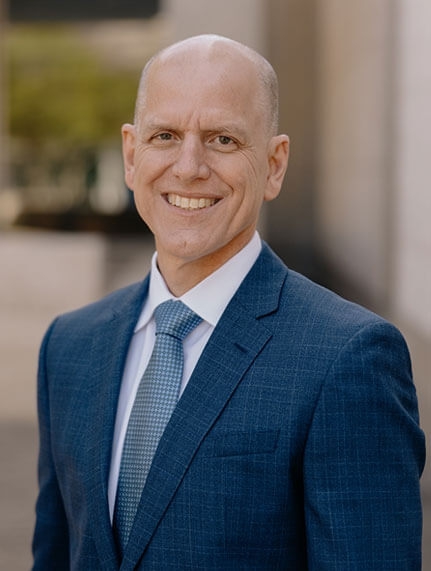On January 24, 2013, the Fort Worth Court of Appeals overturned a trial court judge’s decision and ordered a salesman to return commissions paid by Southwestern Bell in Case No. 02-12-00071-CV, Southwestern Bell, L.P. v. Chappell.
Mr. Chappell had earned $106,990 in commissions for getting Allstate Insurance Company, a previous Southwestern Bell customer, to “come back” to Southwestern Bell and bring back approximately 1,300 telephone lines. Mr. Chappell resigned about 6 months after receiving the bonus check. Almost a year after he resigned, Southwestern Bell contacted Mr. Chappell and said the Allstate deal had gone sour and that Allstate ultimately decided not to transfer the lines back. Southwestern Bell wanted their $106,990 back. Mr. Chappell said he had already spent the money on donations to his church, paid taxes on it, paid household living expenses and could not pay it back. His lawyer argued to the trial court judge that Southwestern Bell waited too long. Judge Chupp of the 141st District Court in Fort Worth, Tarrant County, Texas agreed and allowed Mr. Chappell to keep the money. Southwestern Bell appealed.
The Fort Worth Court of Appeals decided that Mr. Chappell must pay all the money back. The Court of Appeals said the church donations were made before Southwestern Bell learned the Allstate deal would go sour, that Mr. Chappell could amend his tax returns to reduce his income, that Mr. Chappell did not show how much he spent on household expenses and that Mr. Chappell had not shown he spent anymore on household expenses after receiving the bonus than he otherwise would have. This decision is the second one decided on January 24, 2013 by the Fort Worth Court of Appeals where a big company paid an individual, sued to get their money back, lost at trial but then succeeded in the Fort Worth Court of Appeals. I wonder if Mr. Chappell would have won if he had spent the money after Southwestern Bell learned the deal went sour but before Southwestern Bell had notified him AND he spent the money on something that was traceable and out of the ordinary. Would the court have forced him to return granite kitchen countertops, a new roof or a new car? Do we have a new “wait six months and then spend like a crazy person” rule? I didn’t see enough evidence either way in the case but it does raise an interesting question on what to advise to a commissioned salesman who earns and receives a big commission and then resigns or is fired before the deal is fully completed.

